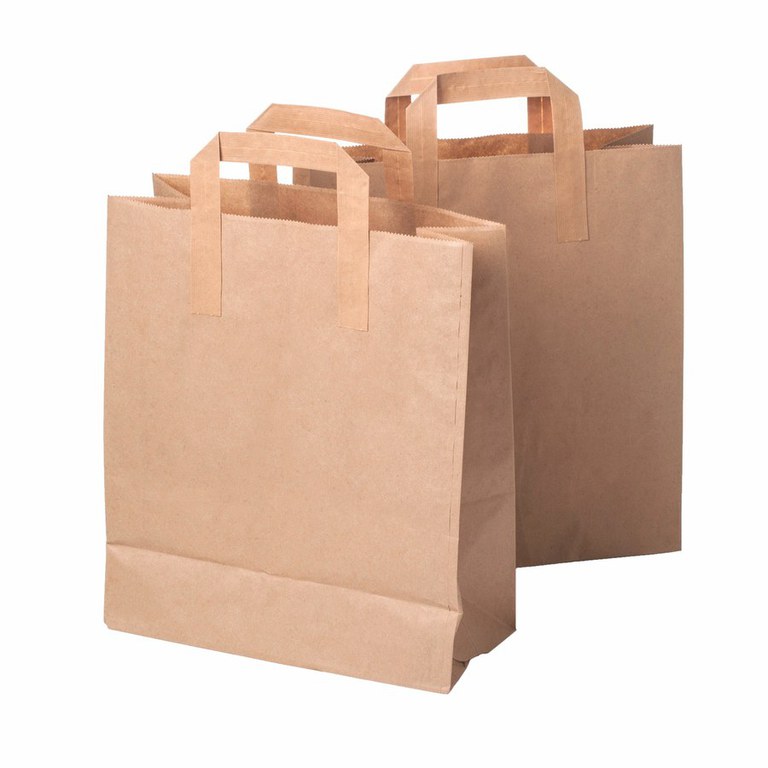Posted: November 30, 2023
Stronger paper bags, reused repeatedly then recycled for biofuel
As the world searches for ways to reduce the use of plastics such as single-use plastic bags, a novel study by Penn State researchers demonstrates a process to make paper bags stronger — especially when they get wet.
The study reveals a new process for creating paper bags durable enough to be used multiple times and then broken down chemically by an alkaline treatment to be used as a source for biofuel production, according to researcher Daniel Ciolkosz, associate research professor of agricultural and biological engineering.
Lead researcher Jaya Tripathi, who graduated from Penn State with a doctoral degree in biorenewable systems and has accepted a position at the Joint BioEnergy Institute in California, devised an innovative method in which cellulose in paper is torrefied, or roasted in an oxygen-deprived environment, to greatly increase its tensile strength when wet.
In findings published in Resources, Conservation and Recycling, the researchers reported that the wet paper was more than 20 times stronger after torrefaction. When they were eventually worn out, the bags were used as a substrate for biofuel production.
—Jeff Mulhollem
Features
Fostering Forests
Across the United States, forests face unprecedented threats, and scientists in Penn State's College of Agricultural Sciences are conducting novel and complex research to conserve them.
Buzzing With Purpose
Community scientists work to protect Pennsylvania's wild bees
Conservation Reimagined
Exploring new approaches to cope with a changing climate



